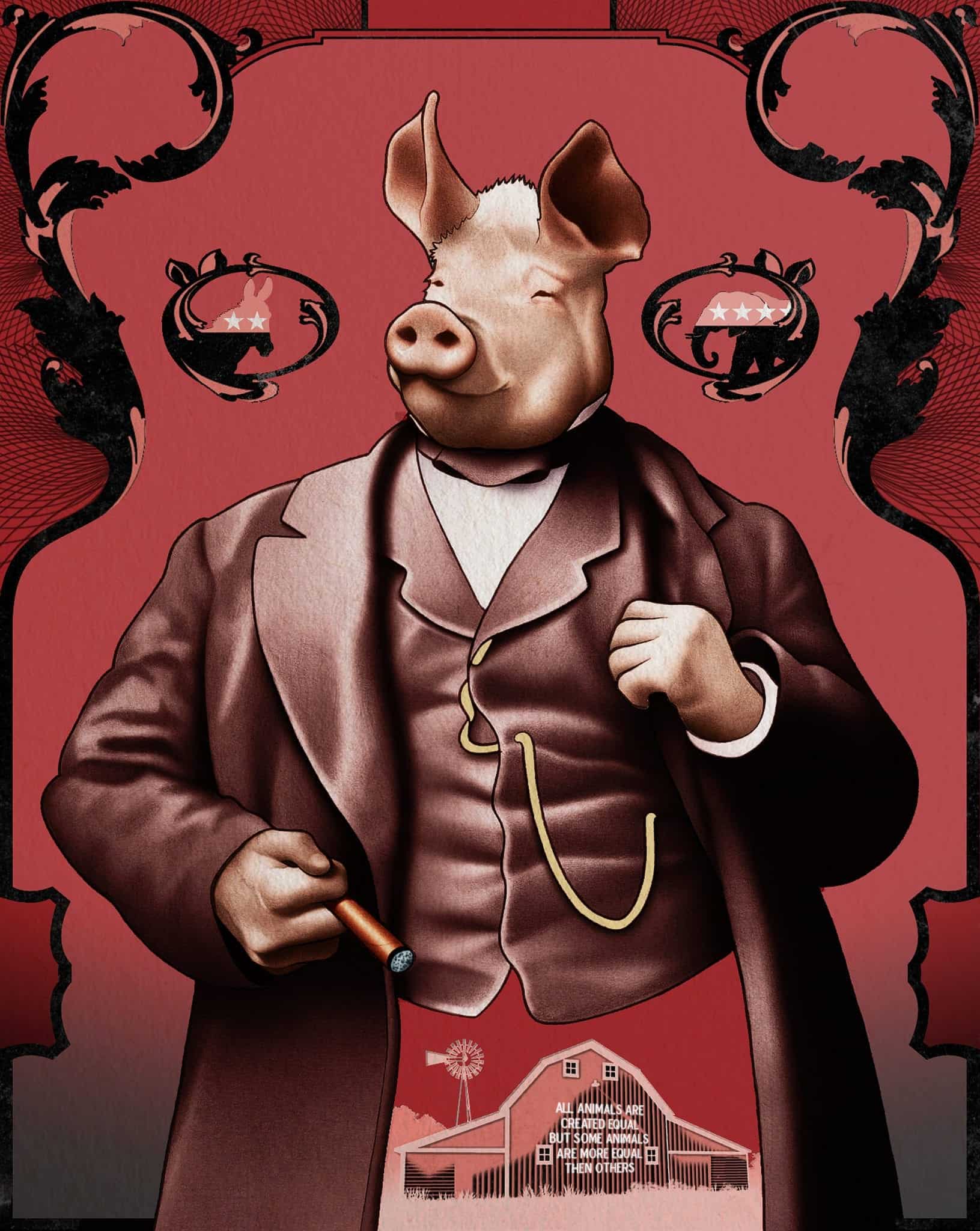In defence of Cynthia Nixon

Why queer cultural narratives are harmful on the road to acceptance
Can't Think Straight
Jonathan Petrychyn
A&C Editor
In a Jan. 19, 2012 issue of the New York Times, Cynthia Nixon, best known for her role as Miranda on Sex and the City, stated that for her, her sexual orientation “is a choice.”
Needless to say, this started a media storm of near Biblical proportions, culminating in her clarifying her statement to The Advocate on Monday, stating that “bisexuality is not a choice.”
You see, before Nixon entered into a relationship with education activist Christine Marinoni in 2007, she had spent 15 years and had two children with Danny Mozes. Turns out that if you’re in a relationship with a man, and then with a woman, it confuses the shit out of people, queers and straights alike.
Noted blogger and gadabout Perez Hilton took to his blog to express his concern over Nixon’s choice of words.
“She certainly has the right to voice her opinion, and as we said before, we can’t define her ‘gayness’…but it still does concern us that she’s putting the notion that being gay is a choice out in the world,” Hilton wrote. “Once again – we were BORN gay, and millions of gay people around the world feel the same way!”
Celebrity chef Cat Cora expressed a similar concern on CBS’s mothering and parenting talk show, The Talk, stating that she feels it was “dangerous and irresponsible of Cynthia, especially in this environment today when so many young people are taking their lives.”
Another blogger, John Aravosis, called the interview “incredibly irresponsible” and lambasted Nixon for trying to “define the rest of us by your incredibly poorly chosen, and incorrect, words – you hurt us all.”
Rough response to someone who was just talking to the New York Times about her life after Sex and the City.
I find it incredibly fascinating that the language used by those in the community to lash out against Nixon was the same kind of language Nixon was so opposed to.
“As you can tell, I am very annoyed about this issue,” she told the Times. “Why can’t it be a choice? Why is that any less legitimate? It seems we’re just ceding this point to bigots who are demanding it, and I don’t think that they should define the terms of the debate.”
She clarifies this in an interview with the Advocate, suggesting the same logic that the “bigots” use to attack the queer community is the same logic used by those who attacked her for her intial comment.
“I believe we all have different ways we came to the gay community,” she said, “and we can’t and shouldn’t be pigeon-holed into one cultural narrative which can be uninclusive and disempowering.”
Nixon is right. She is so incredibly and undeniably right. By attacking Nixon and essentially implying that she couldn’t have chosen to be bisexual – a term Nixon hates and doesn’t identify with in the first place – is suggesting that her identity is not valid.
We have to accept that Nixon isn’t bisexual, gay, straight, or anything else. If we start imposing on her that to be a part of this “community” she has to identify as either X, Y, or Z, then we are no better than so-called “oppressive” right-wing. heterosexual community that we are attempting to fight against.
If fighting is even your bag in the first place.
John Aravosis makes an unsurprising comparison between fighting for civil rights to fighting a war, arguing “the people whose asses are on the front line fighting for your civil rights … actually know how all of this works.”
Listen, John, your suggestion that you “know how all of this works” is just as fucking ignorant as the bigots who supposedly attack your civil rights. “All of this” is just another construct of the heterosexual establishment, and you’re just buying into it. If there’s a way “all of this works.” who do you think determined that? It’s those with power. And let me tell you, it ain’t the queers who have the power here.
Keep your cultural narrative. If you really want your “civil rights,” you can have them. Just don’t come crying to me when you end up oppressing and disenfranchising those you hoped to free.










